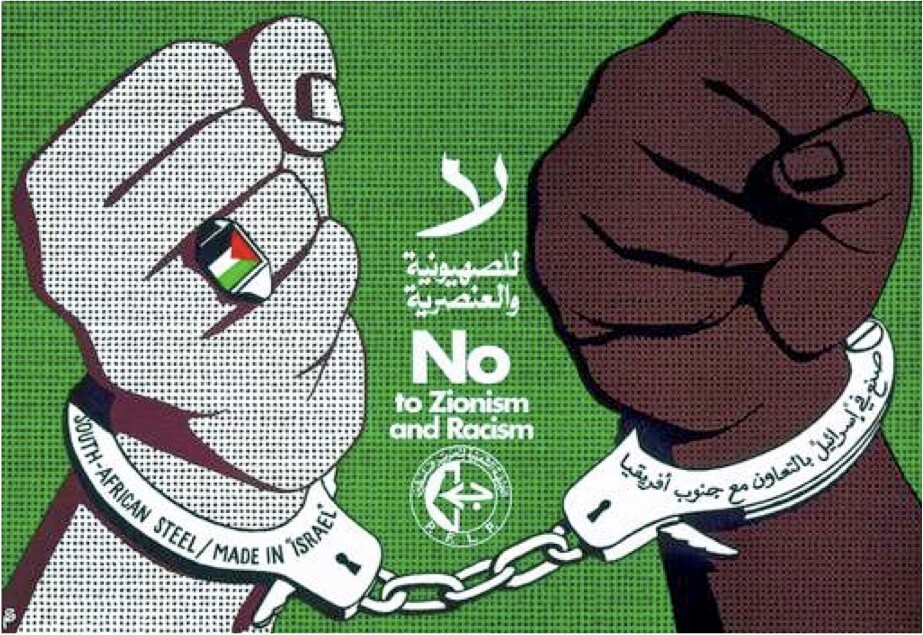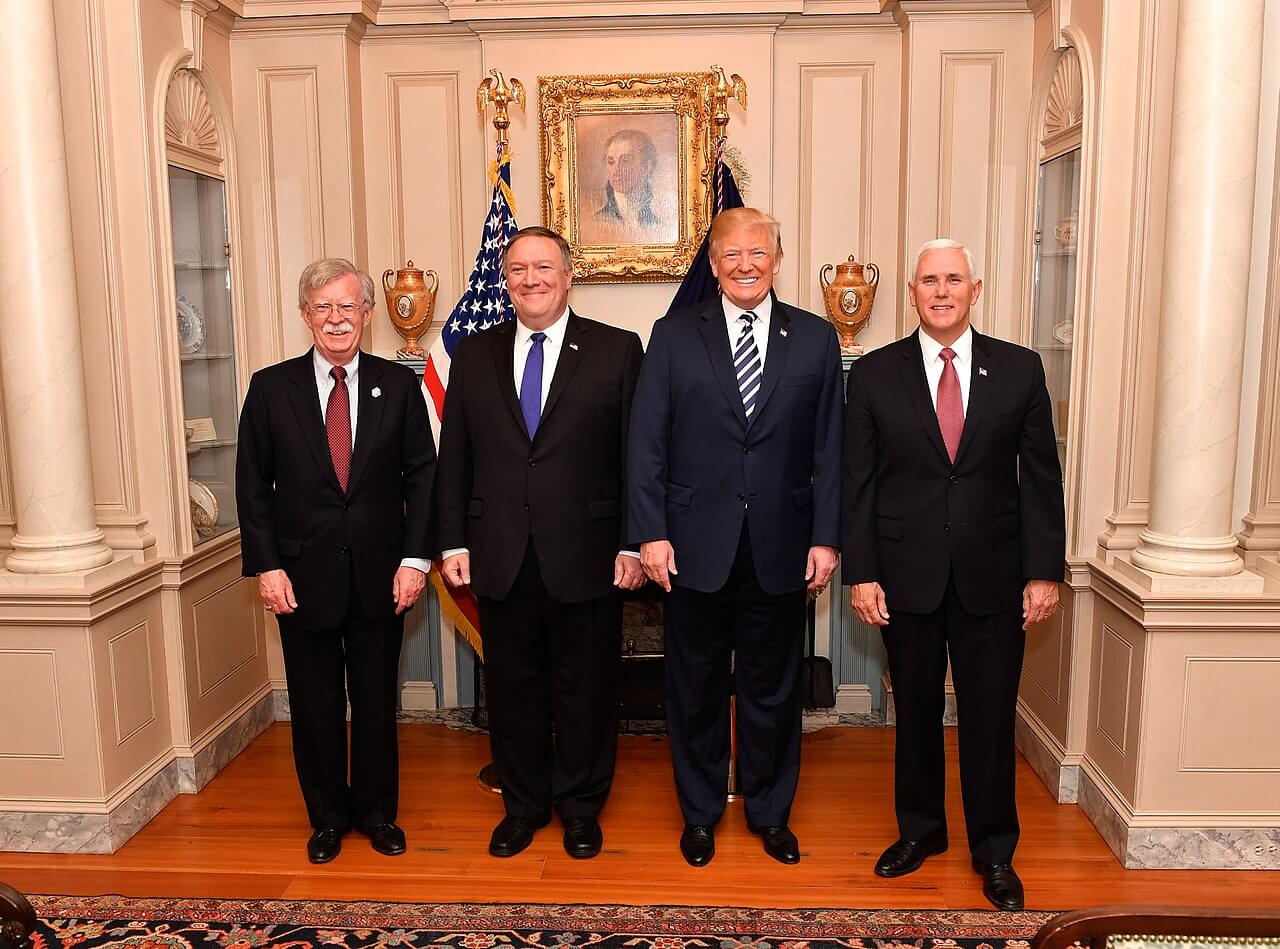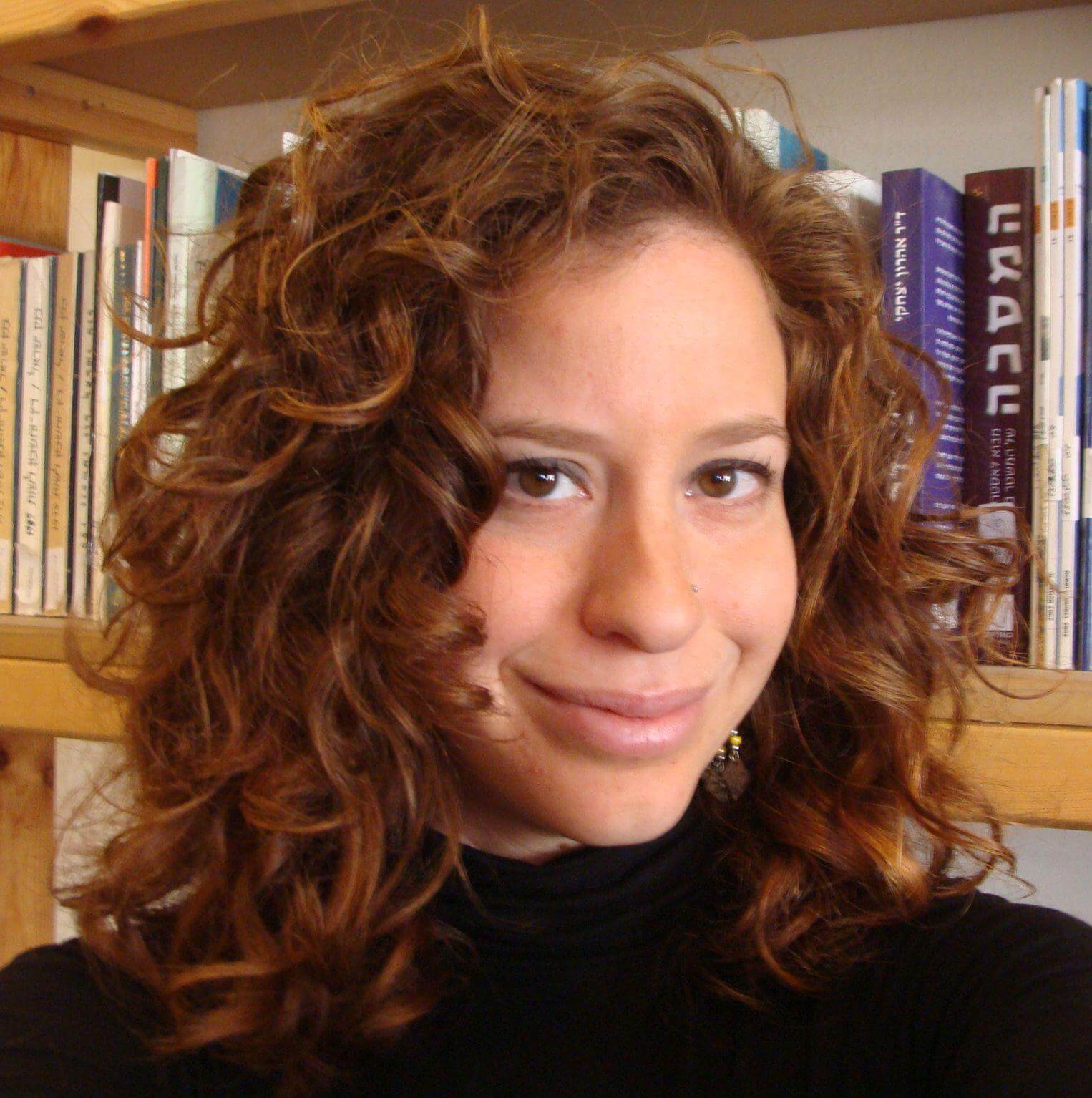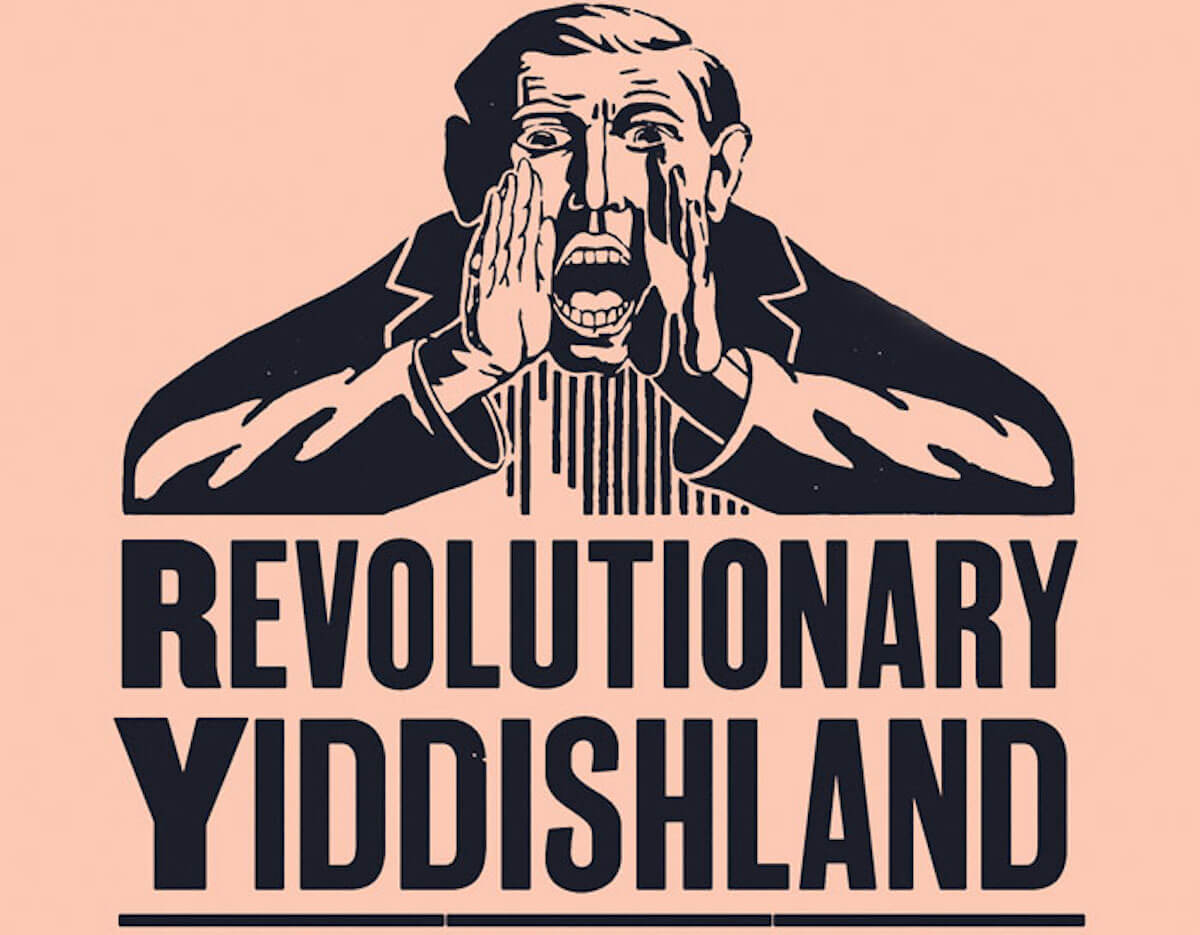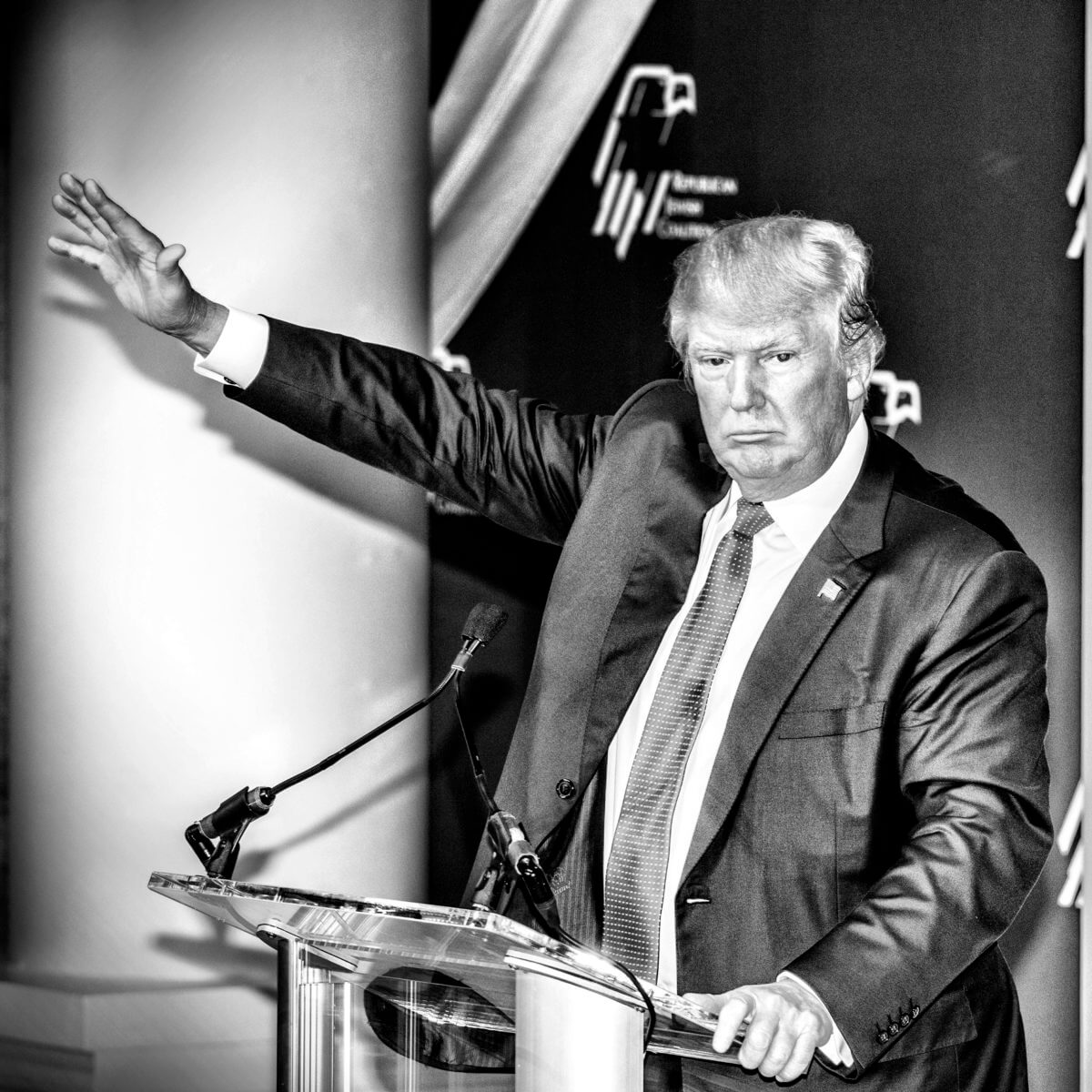Robert Vitalis’s new book, “Oilcraft” argues the US militarization of the Arabian Gulf is based on false ideas about controlling oil. But history shows this control is central to maintaining hegemony, which is the US goal.
Activists Eyad Kishawi, Max Ajl, and Liliana Cordova-Kaczerginski applaud Jewish Voice for Peace’s recent statement outlining its “unequivocal opposition to Zionism,” but raise a critique that it gives credence to the idea that Zionism emerged from Jewish life, and was not a colonial ideology developed to expand western imperialism in Palestine. “Anti-Zionism is not merely criticism of current Israeli policies or even the idea of a Jewish nation-state,” they write, “It is a rejection of an imperially-imposed, racist, settler-colonial state.”
Internationally, the two-state settlement between Palestinians and Israelis has been a pivot and shorthand for the entire post-World War II US order: offering lip service to international law while substantively ripping it to pieces. Max Ajl writes that order is done. The Trump administration’s decision to close the PLO Embassy in Washington DC, along with John Bolton’s attack on the ICC, reveals “a desire for a shift from multilateral instruments of hegemony to unilateral instruments of simple dominance.”
Reviewing Mya Guarnieri Jaradat’s book “The Unchosen: the lives of Israel’s others,” Max Ajl writes, “In her reporting, Jaradat has shown clinically how the social structure produces racism with such mechanical regularity. She shows a picture of Israeli society which not merely exposes its brutal racism and colonialism, but also how racism and power function within the dominant Jewish sector. It so doing she undermines an important myth of the Ashkenazi elite, which is that the racism which courses through Israel is somehow not the fruit of colonialism, but is primarily the fault of Russians, Mizrahi, or others–tainting what had been untainted. This is important work, and where The Unchosen makes its most important contribution.”
Max Ajl reviews ‘Revolutionary Yiddishland’, by Alain Brossat and Sylvie Klingberg, a history of European Jewish radicalism. Their oral history – a history from below – seeks to capture the lives of struggle of Jewish dissidents, communists, Bundists, working-class militants, martyrs of the Spanish Civil War. Ajl writes, “As we lurch into another moment when more and more may feel the jackboot of the state, one can hope also the message of this book can inspire many to again look to that horizon to which the people of lost Yiddishland looked, too, and find something there worth struggling for.”
President-elect Donald Trump’s selection of Stephen Bannon to be his chief strategist has brought to the surface the antisemitic undercurrent of Trump’s reactionary populism. How we go about explaining the phenomenon goes some way towards guiding us as to how to mobilize against it. Max Ajl says it’s essential to understand that “Trumpism” is the product of a US social and political order that was neither reformable nor defensible, and it offers an opportunity to join a more inclusive movement – “one big enough for all of us, except for those who insist that others pay the price for their safety.”
In her new book, Dying to Forget, historian Irene Gendzier examines unexamined archives to reinterpret the dominant narrative of U.S. foreign policy during the creation of the state of Israel, and rewrites the history of that crucial hinge-point in the history of the middle east.

